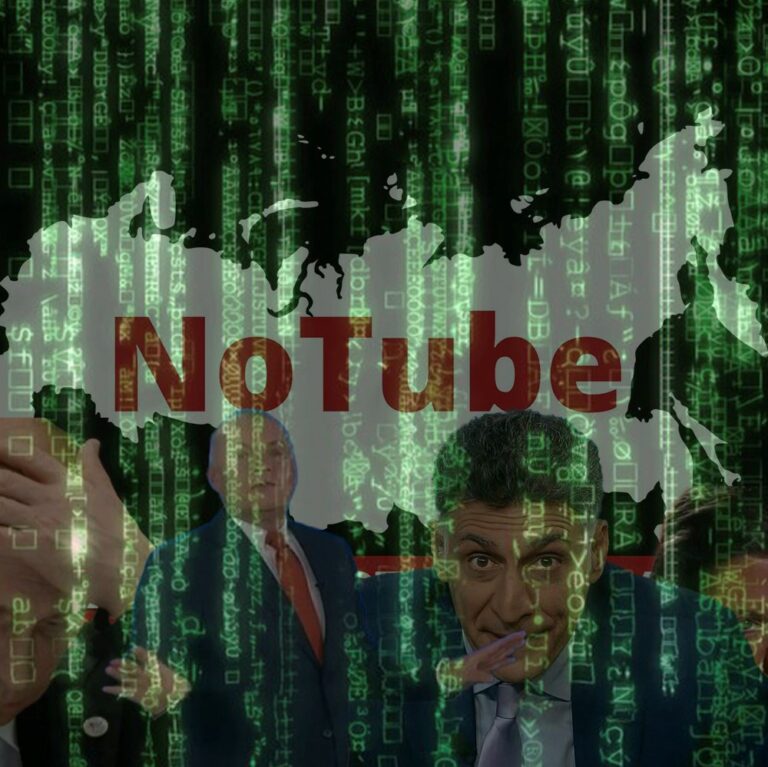
Russia is fighting against Ukraine not only on land, at sea, and in the air, but also online: it is organizing phishing attacks on Ukrainians, spreading fakes, and gathering information on the Armed Forces of Ukraine via social networks. Thanks to the organized effort of volunteers and the support of government agencies, Ukraine has created a separate IT army to fight back on the information front.
One way to fight online is to carry out DDoS attacks on Russian sites. Thanks to a special program, these sites receive so many requests that the server can not withstand the load and “goes down”. Anyone with a laptop and internet access can join. Cyber troops coordinate DDoS attacks and provide detailed instructions, even for beginners. The IT army has already disrupted the websites of the governments of Russia and Belarus, their state media, and some banks and companies.

IT specialists have also created a game that helps attack Russian sites without any additional programs. One player sends about 20,000 blocking requests per hour. The same feature is now available in the well-known game “Kobza”.

Anonymous, the global hacker organization, hacks websites and leaves messages for Russians and Belarusians containing accurate information about the war and calling for protests. On February 25, they leaked the database of the Russian Ministry of Defense website. Ukrainian cyber troops also hacked the Kremlin’s website and gained access to personal data, including the phone numbers of all employees.

The Ukrainian IT army systematically blocks hostile sources of information. Dozens of accounts on Telegram, YouTube, Facebook, Instagram, and TikTok that were disseminating disinformation and data on the locations of the Armed Forces have already been neutralized. This also works in reverse: photos and videos posted on the personal accounts of Russian soldiers help Ukrainian soldiers identify and neutralize enemy troops.
Many individual Ukrainians are writing to Russian acquaintances and strangers, trying to tell the truth about the war. They leave reviews under popular places in Russian cities on Google Maps. They share information about Russian prisoners of war and urge people to look for relatives who may be among the occupiers of Ukraine. On social media, people are also massively tagging the pages of brands that still do business in Russia, calling on these companies to stop funding murder.

How to become an information warrior
Useful channels:
– IT Army of Ukraine: https://t.me/itarmyofuraine
– Info resistance: https://t.me/OK_ukr
– Resource from the Ministry of Digital Transformation, where you can help to block propaganda resources: https://t.me/stoprussiachannel
– Updated list of IT projects that combat the aggressor: https://cutt.ly/uA1KS1V

